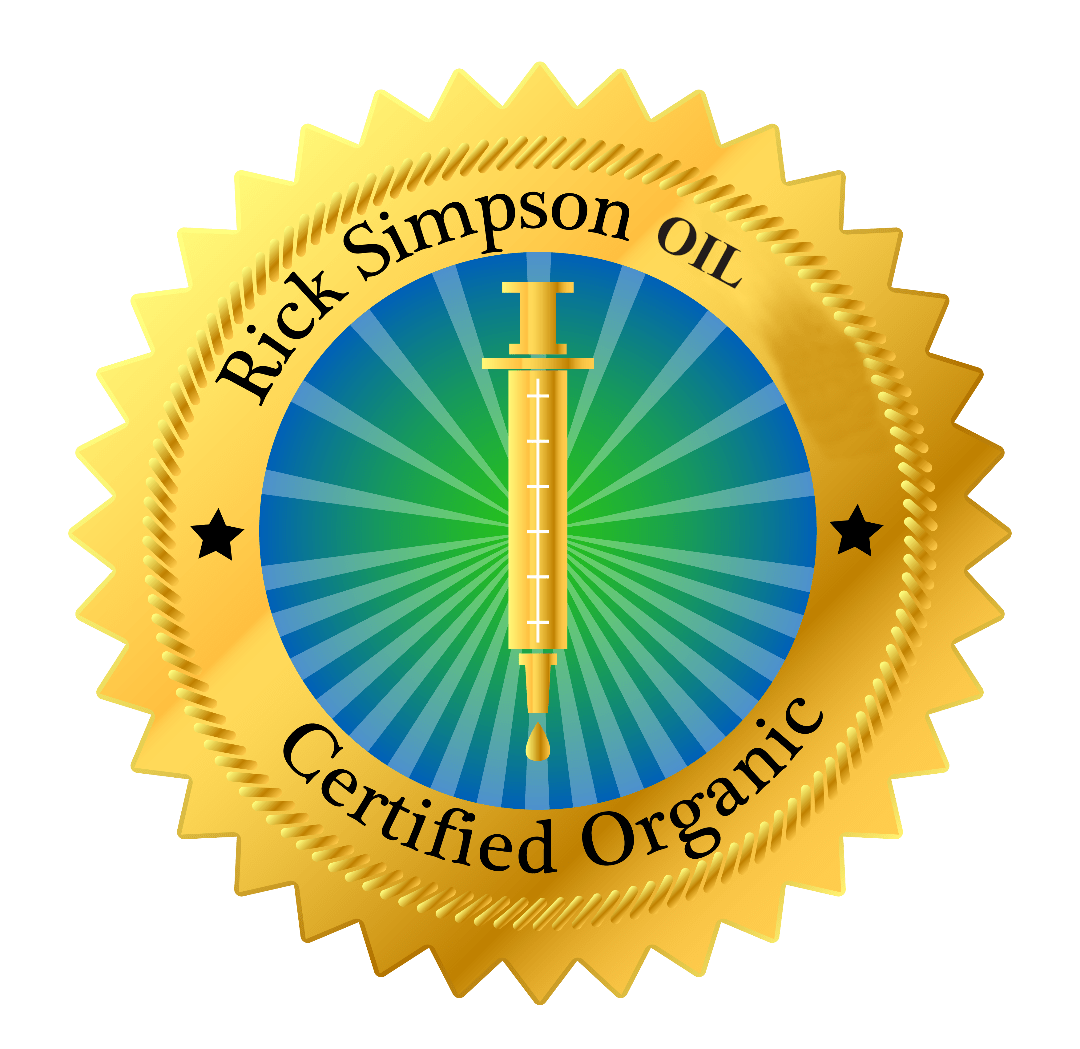
In the vast, ever-expanding new age of alternative medicine, few therapeutic options practice the art of kissing both sides of a divide like Rick Simpson Oil (RSO). Named for its creator, Canadian cannabis activist Rick Simpson, RSO is a myriad form of cannabis oil that so many patients in so many regions have hung so many hopes on as a last-ditch elixir when, they say, acceptances and surgeries and pharmaceuticals had failed them. And so it is that, among the spastic foray of detours one takes in an ongoing, head-splitting battle to end prohibition of this plant, RSO is a new alternative medicine that runs from one corner of legality to the next and back to the other, and from fervent claims of curing conditions rendered powerless in the big pharmas and standard operating procedures, to continual skepticism of overzealous claims.
So while it’s helped patients spouting its kudos as the drug they should literally be dropping everything to focus on, and running lists of how-to’s on its construction, science has often stayed aloof in its endorsement of just how and why a form of British Columbia bud swimming in THC (tetrahydrocannabinol), spooned under the tongue, got so many believers all over the globe.
All of this isn’t to say there isn’t quite a bit of smoke surrounding this particular oil. While re-legalizing hemp and normalizing the therapeutic components of the plant — long a desired goal of western pot advocates and reformers — the one-two data industry punch out of Colorado linking chronic pain, a likely target of RSO, to decreased opioid deaths (not to mention the almost certain drop in health-care costs if cannabis were thoroughly integrated into an American health-care system) has of late given some real heft to the idea that cannabis could soon be a much more available alternative for, well, chronic pain patients — be their neuropathy to back problems to cancer. That’s not snake oil — and this is where RSO came from.
A marijuana plant whose flowering buds are dropped by the wind. Is YOUR state pro-cannabis enough for us? Just remember that marijuana flower tassels are wind-dropped, so while you’re gathering up the tassels society just dropped in Ohio over the last three weeks, the plant has many other potential uses if future lawmakers are smart enough not to make the huge mistake of making recreational cannabis producing states pay the penalties of double tax it, Regulation and Tax it And get the hell off the backs of legal pot businesses — think of the future.
RSO is lauded for its possible anti-inflammatory properties. Chronic inflammation has been linked to a slew of health issues, including autoimmune diseases, cardiovascular conditions, and neurodegenerative disorders. The cannabinoids found in RSO are thought to help regulate the immune response — which may in turn limit inflammation and offer a reprieve for those dealing with inflammatory conditions.
For those dealing with anxiety or sleep disorders, RSO may be able to help them relax and rest easier. The sedative effects of THC can help make for a more restful night’s sleep — thus allowing an individual a reprieve from the seemingly endless cycle of anxiety and stress.
For those considering the use of Rick Simpson Oil or similar types of cannabis oil in treating their chronic pain, or when considering use in seriously ill cancer patients, it is important for both the medical cannabis landscape and individual choices to be informed ones that include all risks and benefits relevant to an individual’s health and health care. As with any medicinal or therapeutic treatment, it is essential that individuals consult with their healthcare provider to discuss any potential benefits and risks to adding cannabis oil to their wellness plan. If you are looking for where to buy Rick Simpson oil, contact us today.



Recent Comments